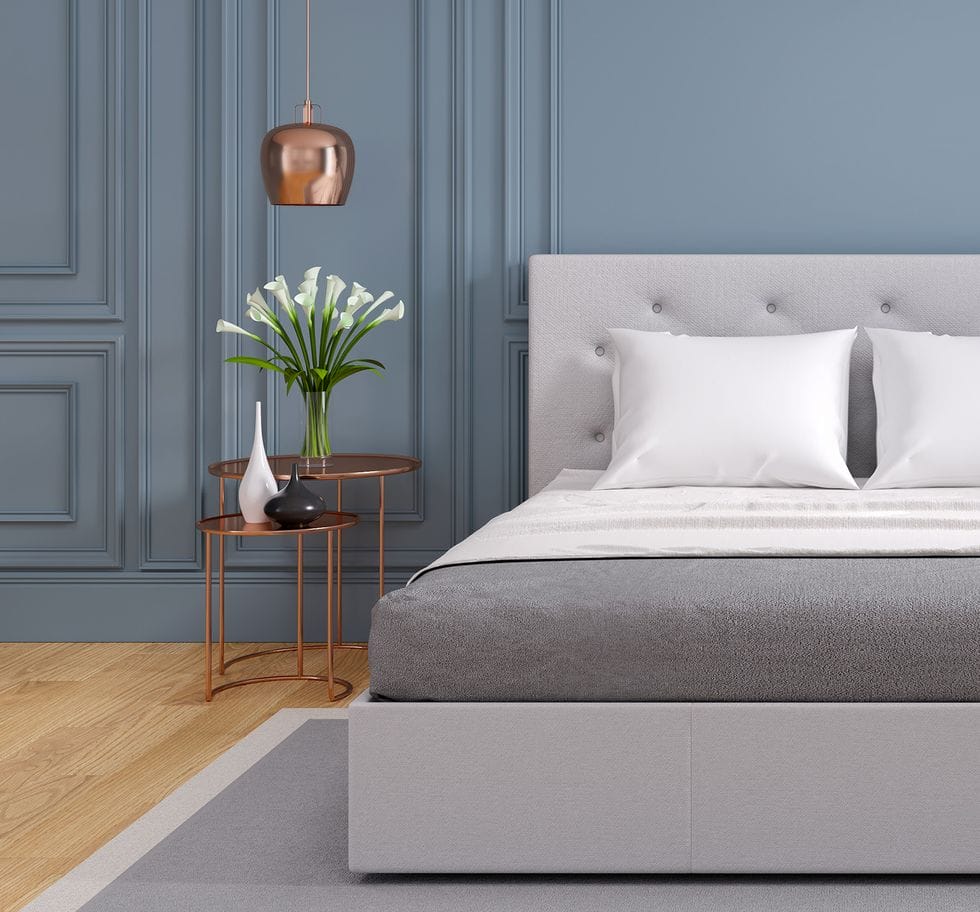How to make the most of — and maybe even love — your solo time.
Words by Kiera Carter

Getty Images
There are songs dedicated to it. Tears cried over it. And therapy hours logged because of it. Loneliness. We’ve all felt this nagging emotion at some point — most dramatically, over the past year as we avoided other humans as if life depended on it. For many, it has.
Even if you dealt with the early stages of pandemic solitude relatively well — by baking sourdough, doing puzzles, knitting blankets — there is a good chance you’re over it by now. Because although vaccines are giving the world a much-needed glimmer of hope, there’s still a tough reality sinking in: we can’t go back to normal just yet.
“Solitude is a calm you get from being alone—the flip side to loneliness.”
To be clear, these not-so-fun feels were a problem pre-pandemic, too. Experts were calling loneliness an “epidemic” long before the word coronavirus made us cover our faces in fear, and almost a quarter of Americans said they often or always feel lonely in a 2018 survey. It makes sense: we work longer hours and spend more time staring at screens, plus living alone is far more common than it used to be. Call it a downside to independence, because if you think the term epidemic is a little too strong to be applied to a feeling, you should know it’s a significant wellbeing issue. Multiple studies show that a strong social network is key for a long, healthy life.
“Chronic loneliness stimulates the stress system, and over time, this could wear on you and increase the inflammation associated with diabetes and heart disease,” says Ruth Hackett, PhD, a lecturer in health psychology at King’s College London. “And it’s more than just, say, eating poorly because you’re down; there seems to be a real biological pathway.”
The good news is, loneliness and solitude are not the same, and there’s a big difference between watching Netflix trailers on auto-play and carving out time for acts that restore and rejuvenate. “Solitude is a calm you get from being alone — the flip side to loneliness,” says Meghan Meyer, an assistant professor at Dartmouth’s Center for Social Brain Sciences.
The key to feeling content, not melancholy:



